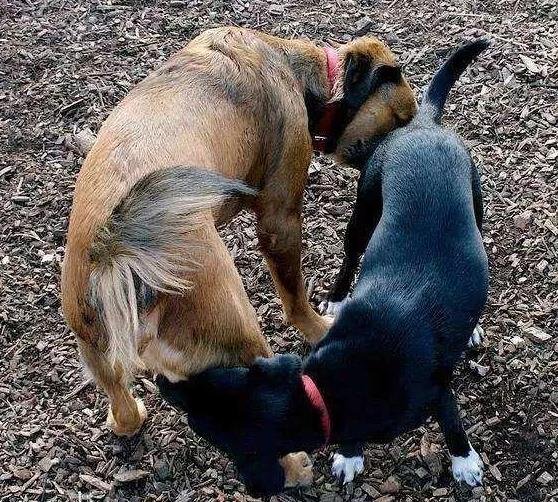
Why Is Your Dog Always Sniffing There?
The Nature of a Dog’s Sense of Smell
Dogs have an extraordinary sense of smell that is far superior to humans. Their noses contain up to 300 million olfactory receptors, compared to our 6 million. This heightened sense allows them to detect scents that are imperceptible to us, making sniffing an essential part of their daily life.
Understanding Canine Behavior
One of the main reasons dogs sniff specific areas is to gather information. When a dog sniffs, especially another dog’s rear end, it is their way of learning about the other dog’s identity, health, diet, and even emotional state. This behavior is entirely natural and is part of how dogs communicate with each other.

Sniffing as Exploration
Another reason your dog might always be sniffing certain spots is to explore their environment. Dogs use their noses to map out their surroundings and understand what and who has been there. This is particularly common during walks or in new locations where the dog is trying to gather as much information as possible.
Health and Safety Considerations
While sniffing is generally harmless, it’s essential to monitor your dog’s behavior for any signs of obsessive sniffing or unusual interest in specific areas. This could indicate underlying health issues or the presence of harmful substances. If you have concerns, consulting with a veterinarian is always a good step.
In summary, a dog’s constant sniffing is a natural and important aspect of their behavior. It allows them to communicate, explore, and understand their world. Embracing this behavior can lead to a happier and more fulfilled pet.
American Dingo animal behavior Budget Tips canine behavior Canine Care Canine Health DIY pet projects dog behavior Dog Breeds dog care Dog Care Tips dog exercise Dog Food Dog Grooming dog health Dog Measurement dog nutrition dog ownership dog potty area Dog Training Dog Wound Care Family Pets Hunting Dogs lipomas in dogs newborn puppy care obedience training outdoor pet care Pet Care Pet Care Tips Pet Health Pet Loss Pet Safety pet tips pet training Positive Reinforcement Potty Training Puppy Care puppy health Puppy Training Rabies in Dogs Temperature Monitoring Training Tips veterinary advice Veterinary Care Veterinary Tips



Leave a Reply
You must be logged in to post a comment.